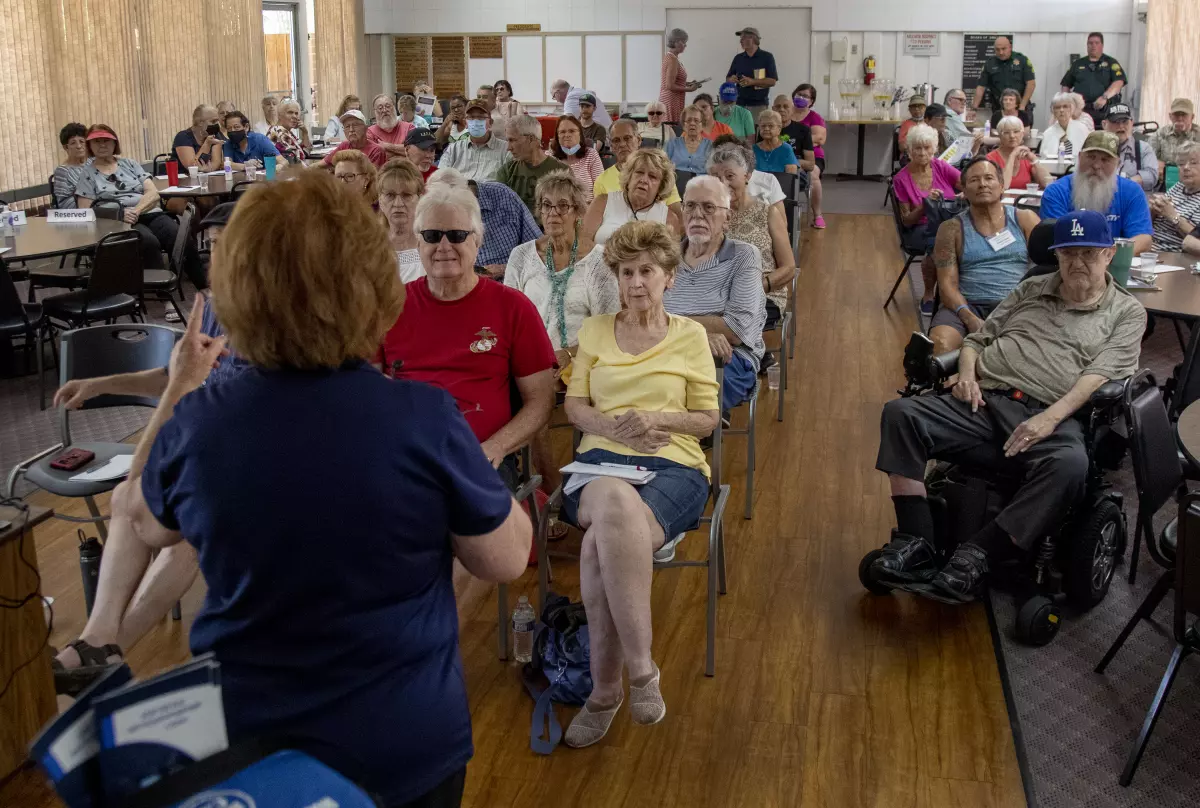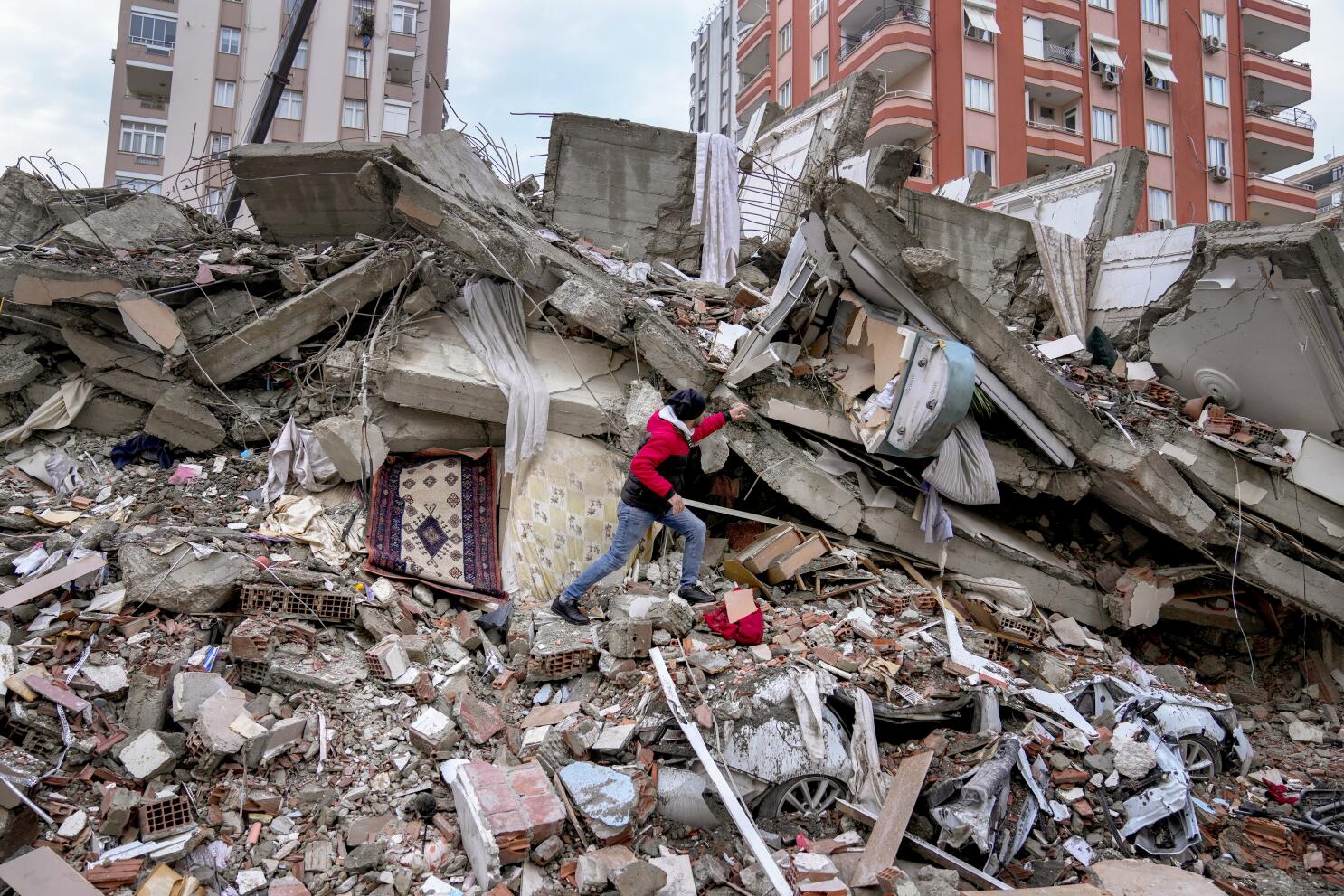Earthquakes are unpredictable natural disasters that can cause significant damage to your home and pose serious risks to personal safety. Living in areas prone to seismic activity requires preparation and knowledge to minimize these risks effectively. We will provide a detailed guide on how to prepare your home for an earthquake, ensuring that you and your family can stay as safe as possible when the ground shakes.

Assessing Seismic Risk
Understanding the earthquake risk in your region is the first step in earthquake preparedness. Check local government or geological surveys for seismic activity history and predictions in your area. This information will guide the specific measures you need to take based on the frequency and magnitude of earthquakes expected. For residents in high-risk areas, consider an evaluation by a structural engineer to identify potential weaknesses in your home’s construction and obtain recommendations for necessary reinforcements.

Structural Preparation
Reinforcing your home’s structure is crucial in earthquake-prone areas. Start by ensuring your house is securely anchored to its foundation. This might involve retrofitting older homes that aren’t bolted down, a common issue in buildings constructed before modern building codes. Check for and repair any deep cracks in ceilings and foundations. Consider also installing shear walls to add stability and better distribute seismic forces.
For multi-story homes, reinforce cripple walls (the short walls between the foundation and the first floor) with plywood bracing. Secure overhead light fixtures, and if you live in a two-story house, make sure the second floor is adequately bolted to the first. These structural enhancements can prevent your home from collapsing during an earthquake.
Securing Interiors
Inside your home, anchor large furniture and appliances to the walls using flexible fasteners. Secure bookcases, heavy wardrobes, and tall furniture to prevent tipping. Install latches on kitchen cabinets to keep contents from falling out, and use museum putty or quake gel to secure breakable items and electronics in place.
Ensure that water heaters and gas appliances have flexible connectors to reduce the risk of fire from broken gas lines, a common hazard during earthquakes. Review the placement of beds and seating, which should be away from windows that could shatter and away from heavy pictures or mirrors that could fall.
Emergency Preparedness
Create a comprehensive emergency plan and communicate it to all household members. Assemble an emergency kit that includes water, non-perishable food, first-aid supplies, medications, flashlights, batteries, and a battery-operated radio. Store this kit in a readily accessible location. Know where your utility shutoffs are and ensure everyone in the household knows how to turn off the gas, water, and electricity in case of damage.
Plan and practice earthquake drills with your family. Knowing how to “Drop, Cover, and Hold On” during an earthquake can prevent injuries. Identify safe spots in every room, such as under sturdy tables or against inside walls, where nothing can fall on you.

Community Engagement
Connect with your local community for additional support and resources. Many communities have programs in place for earthquake emergency response training and can offer additional tips for preparing your home and neighborhood. Participating in community preparedness programs can also keep you updated on the latest safety protocols and provide access to communal emergency supplies and shelters if needed.
While earthquakes can be devastating, taking proactive steps to prepare your home can significantly mitigate the risks to your property and personal safety. By assessing and upgrading your home’s structural integrity, securing its interiors, and planning for an emergency, you are setting a foundation that can withstand the challenges posed by such natural disasters. Remember, the key to effective earthquake preparedness is staying informed, being proactive, and fostering community connections to ensure everyone’s safety.

